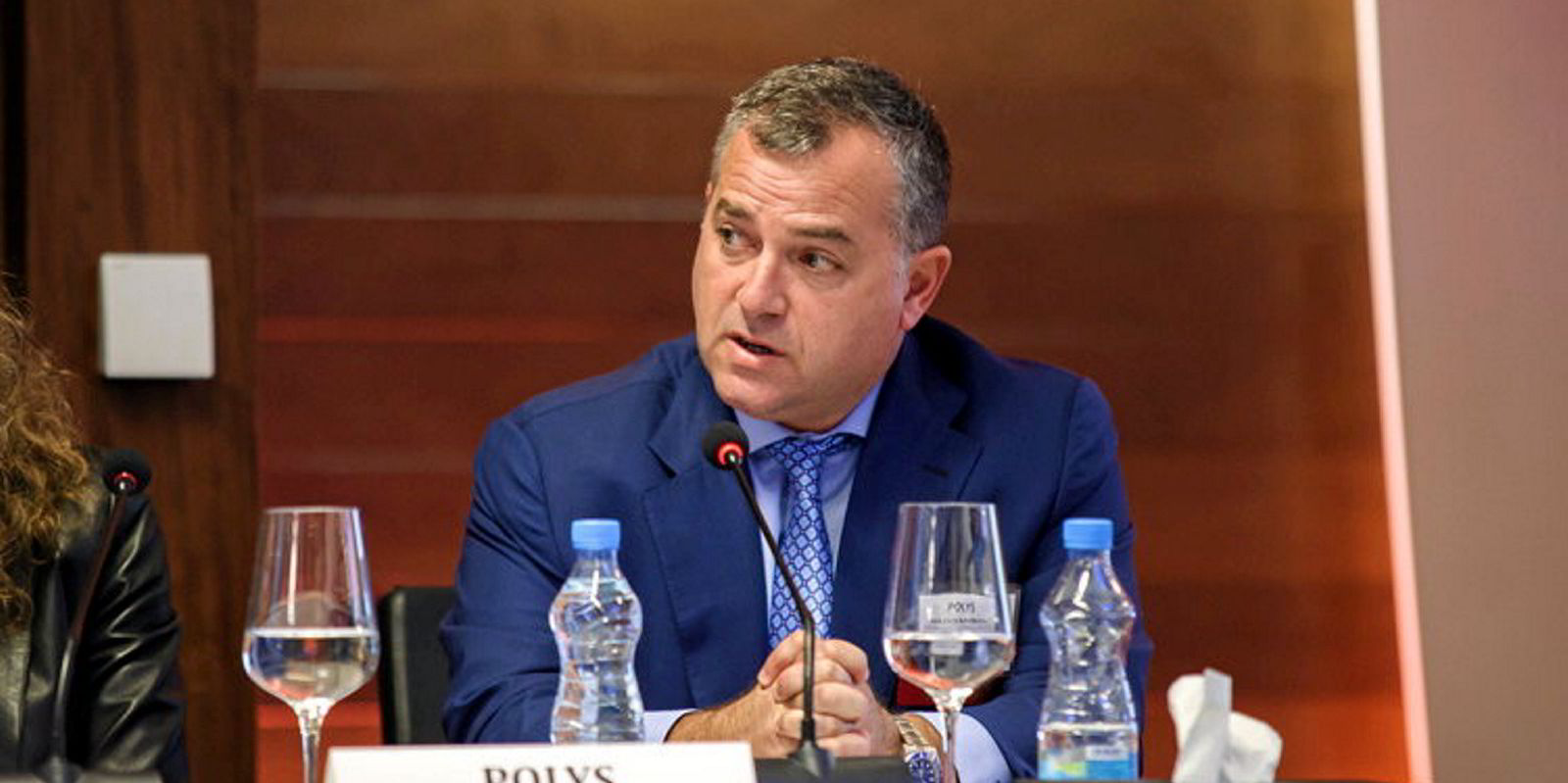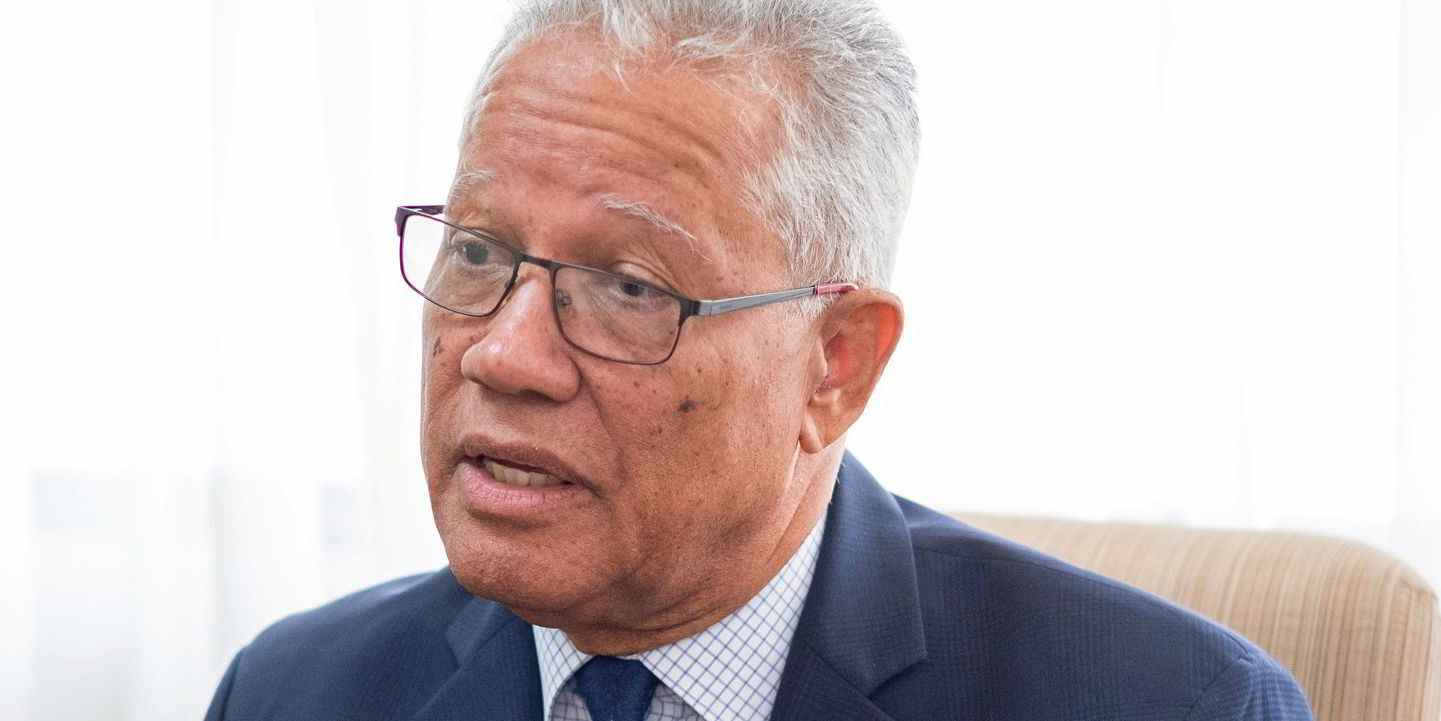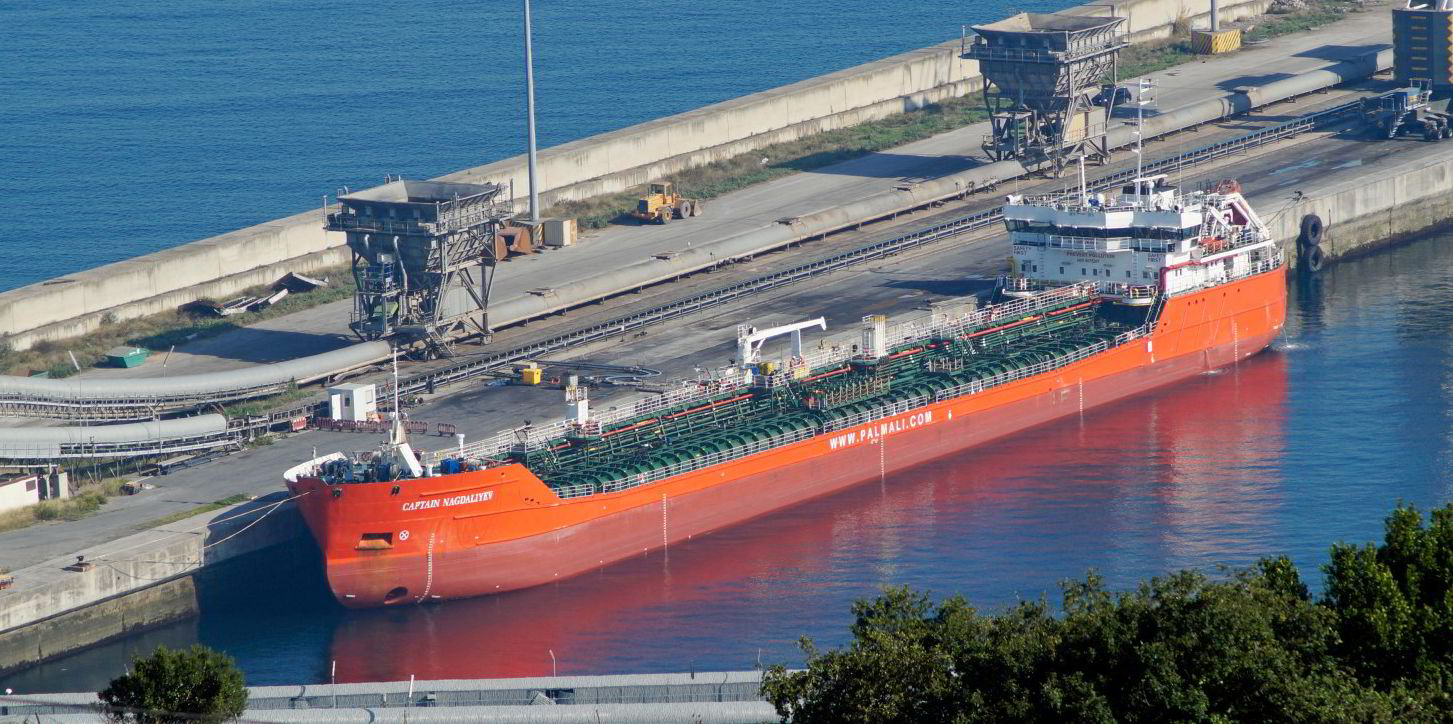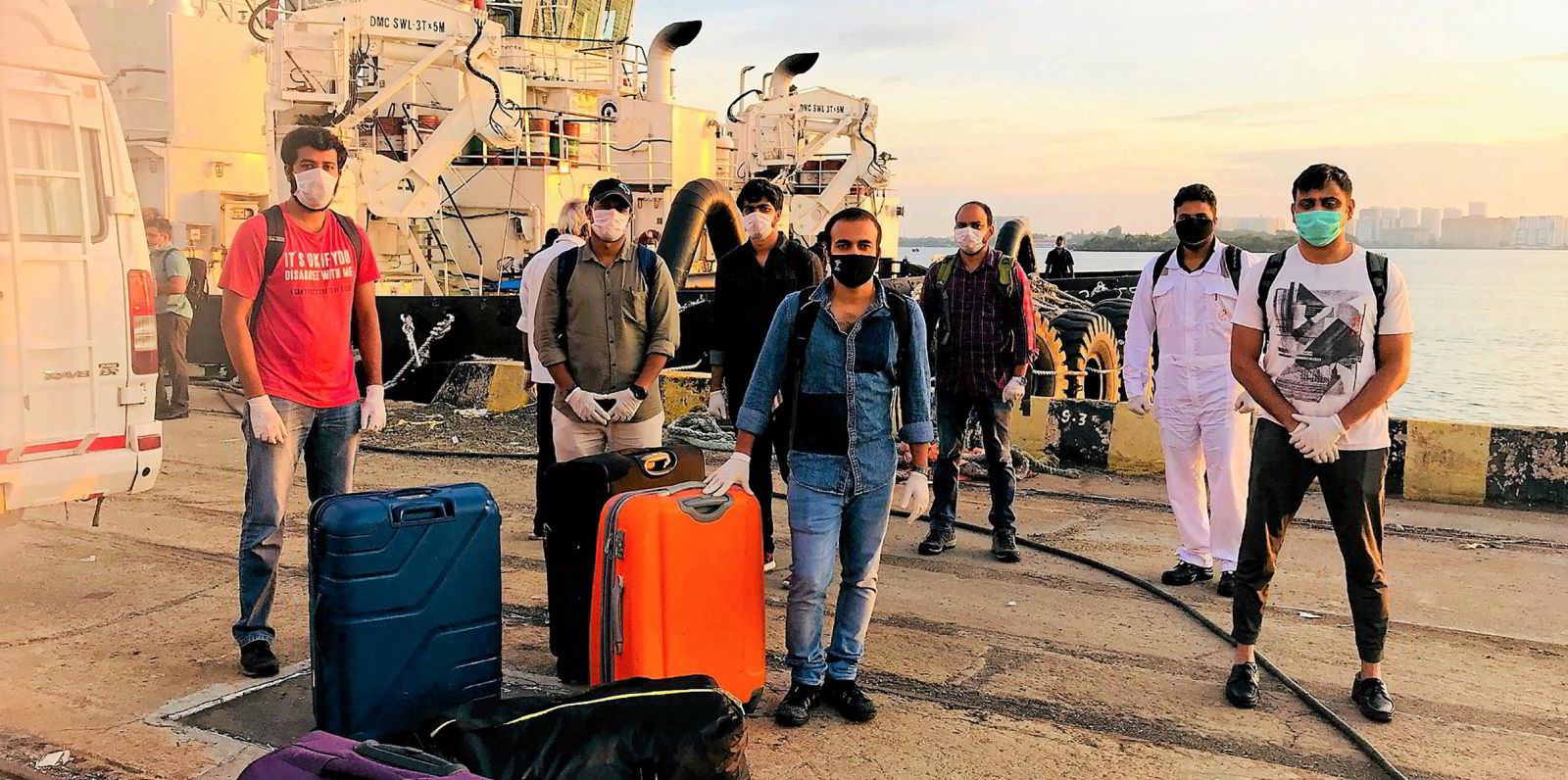Polys Hajioannou had to go as far as threaten to cut off certain charterers if they did not allow crew changes in the early days of the Covid-19 pandemic.
Detailing his experiences in fixing ships last spring during a Capital Link panel on the crew change crisis, the Safe Bulkers chief executive said on Tuesday that charterers sensed they had leverage in a weak dry cargo market.
They sought to impose clauses preventing old crews from getting off and new ones from getting on.
"When the market is against the owner and you are bleeding, they kneel on your neck and they impose things that are inhuman," Hajioannou said during Capital Link's annual International Shipping Forum.
"They impose clauses saying that you are not allowed to make a crew change and you have people on board eight months. You’re not allowed to make any deviations even if it’s at owners expense.
"Imagine a shipowner, you have 50 ships and you have to negotiate every time and you have to explain to [charterers] that it’s beyond our ability and we have to do it for humanitarian reasons."
He did not name specific charterers, and said many of the bigger commodities traders were "behaving correctly from the beginning" and noted there was more cooperation on the issue in recent months.
Still, Hajioannou said "it was the worst six months I remember in shipping" as he spent 80% of his day fighting to allow crew changes, which in some cases required seafarers to be flown from the Philippines to the United Arab Emirates to France, including Reunion,with cancelled flights in between.
At the height of the crisis, as many as 400,000 seafarers were stuck aboard their ships, as countries were reticent to allow crew changes at their ports fearing the spread of Covid-19.
As a result, seafarers worked far beyond their contractual limits and longer than considered safe, some for 20 months or more.
Both International Chamber of Shipping head Guy Platten and International Transport Workers' Federation secretary general Stephen Cotton agreed charterers bear some responsibility for the crisis.
Platten said some had changed their attitude realising they were on the wrong side of history, while Cotton said charterers need to be named.
Some, Cotton said, "are living in the 1970's, and not living with the recognition that this is an extraordinary situation".
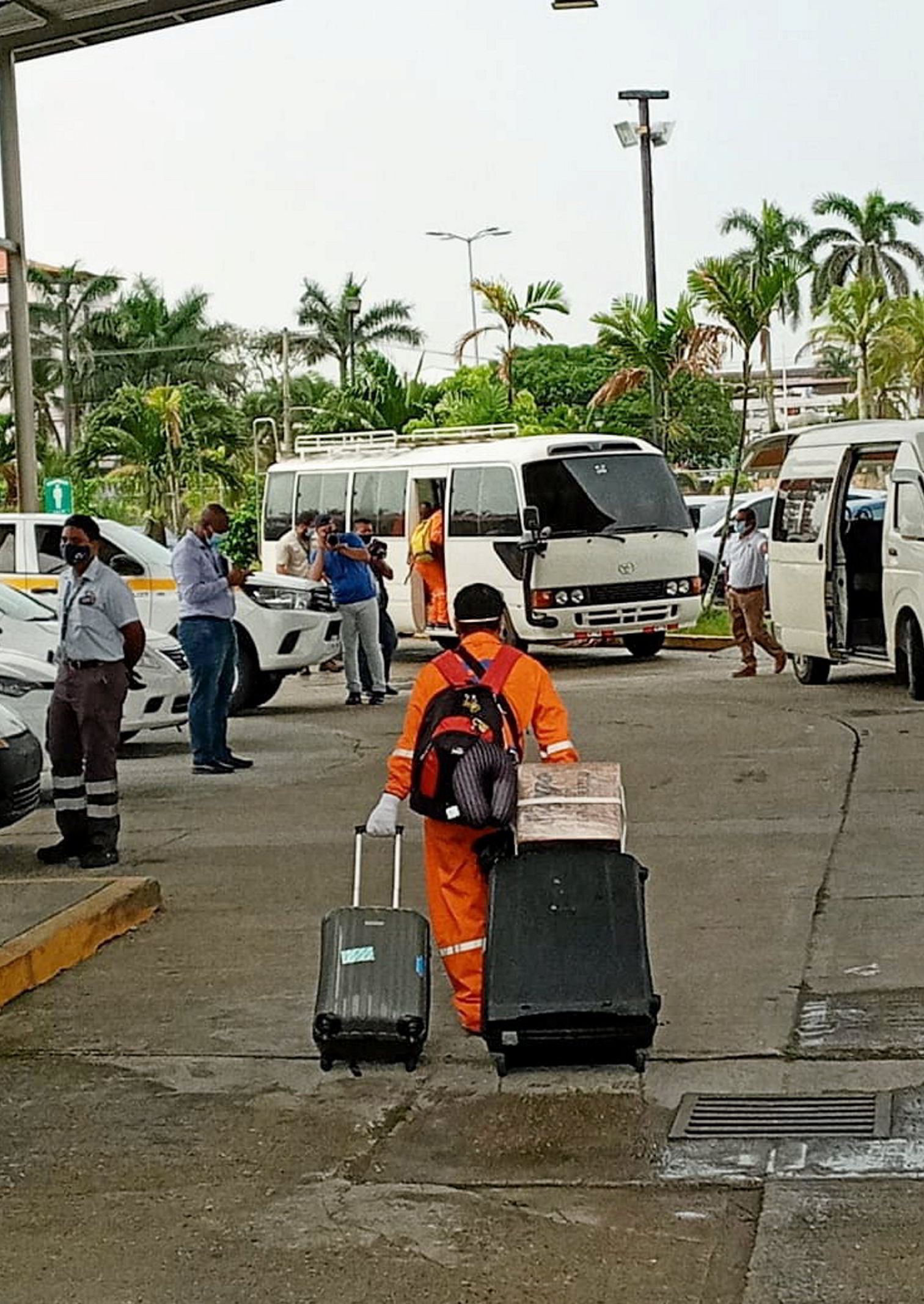
Platten, Cotton and International Maritime Organization director of legal affairs Frederick Kenney added that vaccinating seafarers would be the next step.
That is complicated, they said, as most seafarers come from developing countries where vaccination programmes are not yet in place.
One way to facilitate crew changes would be for more governments to designate seafarers as key workers, which would make vaccinating them a higher priority.
"I am advocating that the seafarers need to be treated differently," said Cotton.
"We need to build seafarer's confidence. They lack confidence in going back to sea. We need to educate them that the vaccines are safe and critical to future trade."
